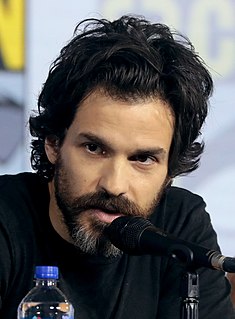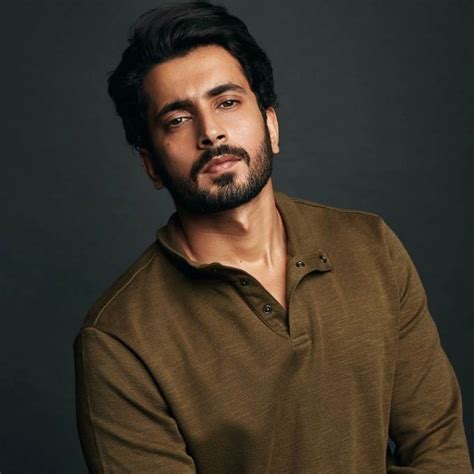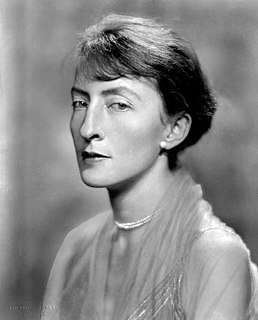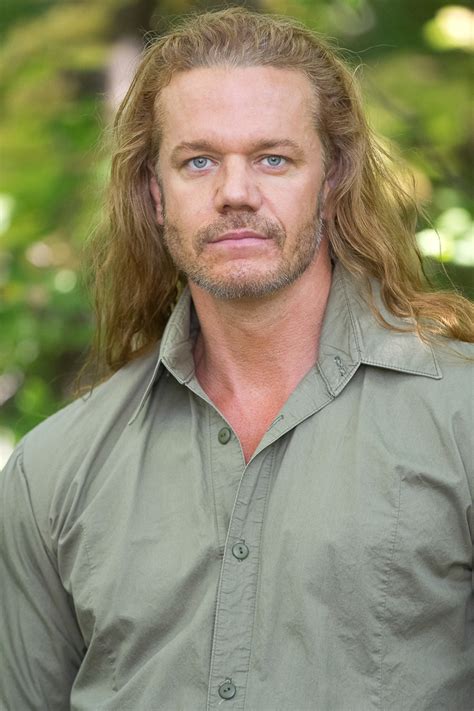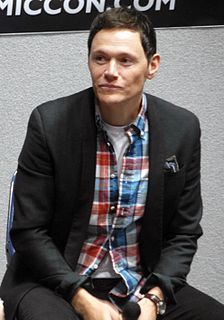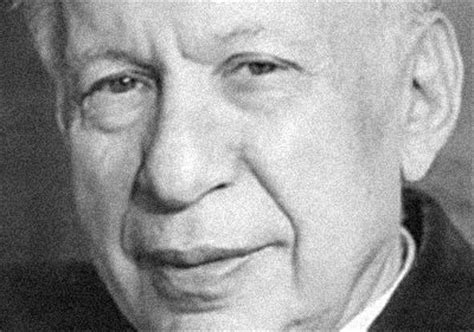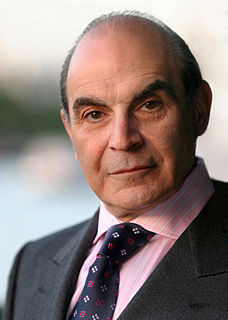A Quote by Mike Leigh
The delineation between the actor and his part is a practical matter. When the camera runs, you want the actor to be the character.
Related Quotes
The truth is, an actor's performance is the result of work by a lot more people than just the actor. When you see that character portrayed up on screen, there is the work certainly of the actor, but there's the work of the editor, there's the work of what the camera was doing. What the music was doing, all of the above.
I love the variety of films. In theater, you go into a room and the director runs the room, so you all work to his or her method. On film, if an actor or an actress is in for a day or two, the director has to get out of that actor what they need, so they have to change and adapt to that actor's technique.
Being an actor in TV or movies is different. A film or TV actor, if put in theatre, won't know certain dimensions, while a theatre actor won't know certain things when he comes before the camera. So I think a film actor can learn emoting from this theatre counterpart, while the theatre actor can learn about camera techniques from the film actor.
Sometimes you'll see interviews about an actor who was asked to hit the weight room to develop his body for the character, and you hear them complaining about the egg white omelettes they had to eat and the tortures of hitting the gym twice a day - I find that to be a bit saddening, it's all a part of becoming the character and as an actor, that is your job.
The actor's physical type is the main consideration. It isn't and shouldn't be. Does the actor "look the part"? It is the simplest question to deal with. The director deludes himself who yields to the temptation to believe that an affirmative answer settles the matter. An actor's looks will impress an audience initially but after his first five minutes on stage it becomes aware of what he or she communicates (or fails to communicate) through acting!
As a director, what matters is how you penetrate the soul of the person in front of the camera and let the actor blur the boundaries between the character and the person themselves. In order to achieve that, I try to make people feel at ease, to be mindless of problems and be skinless and give everything to the camera.
The great exception to that, of course, is Johnny Depp, who is absolutely the ultimate character actor. Johnny Depp is the future of the character actor and thanks to his success maybe we will see the return of an era when my sort of actor is back in vogue. It's not in vogue for me to be in Hollywood movies as lots of different people.

